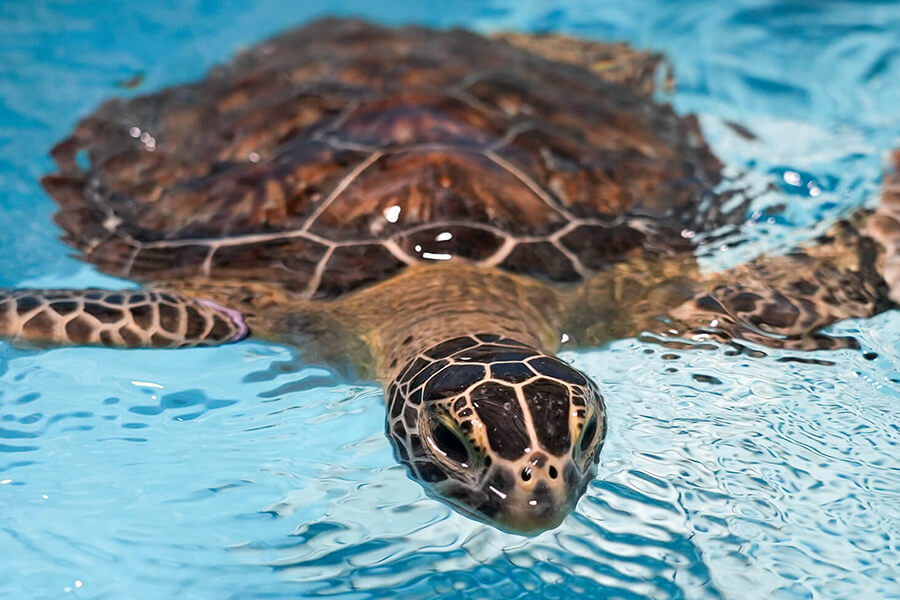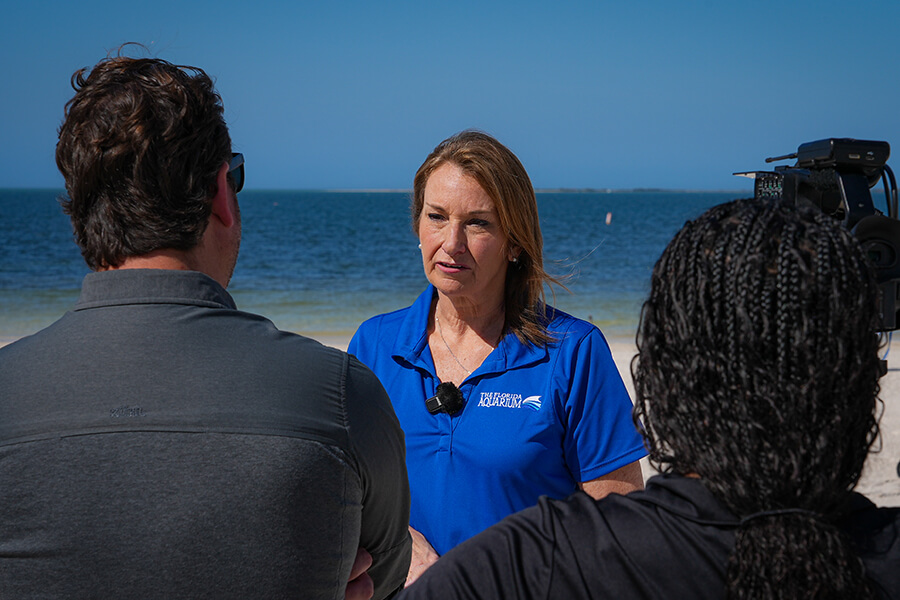Research
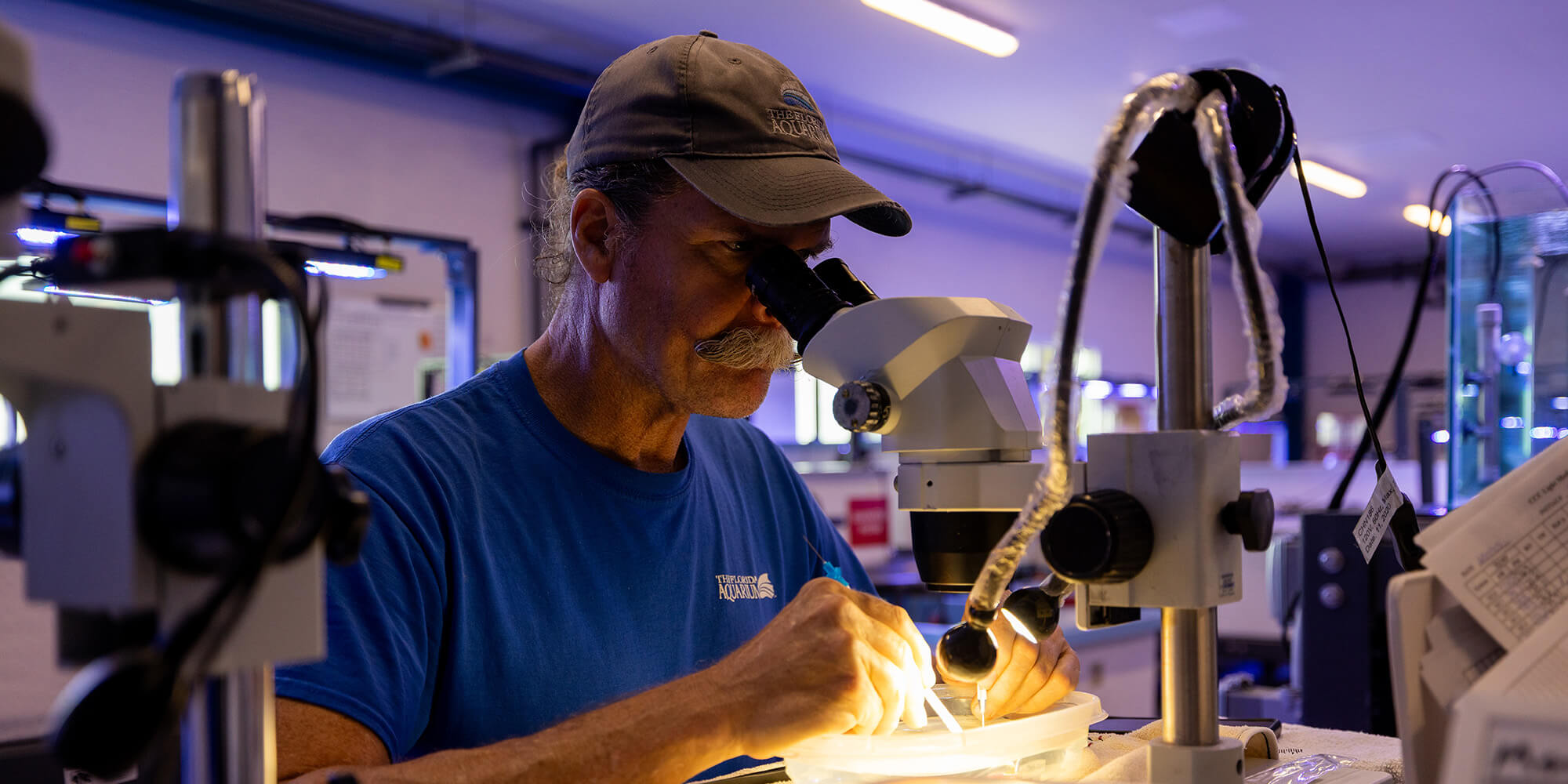
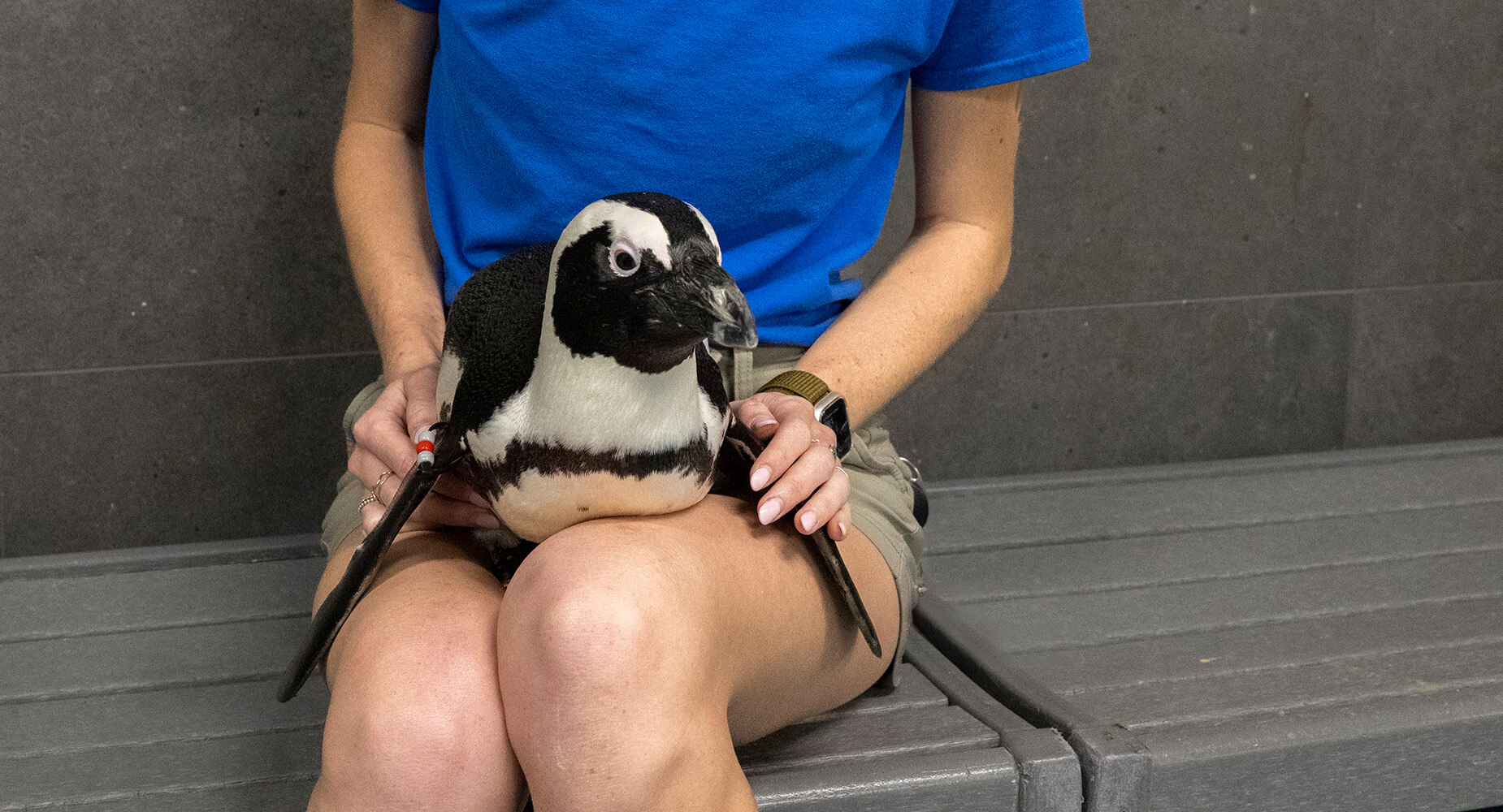
Purpose-Focused Research
The Florida Aquarium is committed to supporting, facilitating, and conducting purpose-focused research that:
- Has scientific merit, rigor, defensibility, and need
- Aids in the conservation of species and/or ecosystems
- Improves animal husbandry and/or welfare
- Adds to the scientific knowledge of the species in our care
- Forwards our guest experience and education impacts
Beyond the Surface
What Is Purpose-Focused Research?
Purpose-focused research includes any project undertaken by or involving The Florida Aquarium that:
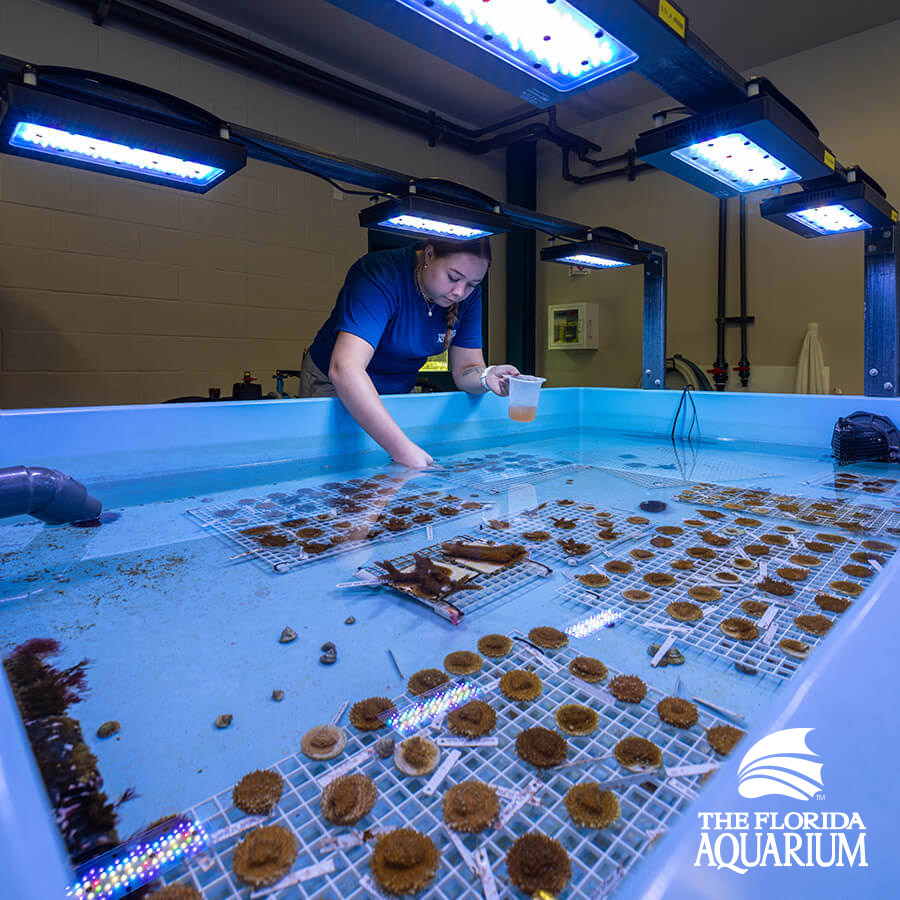
Research Committee
The Florida Aquarium’s Research Committee works to assure that all research projects are directly relevant to the Aquarium’s shared purpose, conservation priorities and/or programs, animal care and welfare, or learning programs and/or priorities; science-based and ethical; facilitating collaborative partnerships; and disseminating critical information and findings to maximize the Aquarium’s conservation impacts.
Institutional Animal Care and Use Committee (IACUC)
Any in-situ or ex-situ project in which animals will be involved in invasive procedures that may result in pain, harm, distress, or significantly and or/adversely altering of behavior as part of the research protocol (excluding veterinary or husbandry procedures) must receive an IACUC approval recommendation before it can be considered for approval by the Aquarium’s Research Committee.
Research Project Inquiries
All research projects, whether conducted internally or in collaboration with external partners that utilize Aquarium resources, will be critically reviewed, evaluated, and either approved or rejected by the Aquarium’s Research Committee.
Research projects that are NOT directly relevant to the Aquarium’s shared purpose, conservation priorities, and/or programs, animal care and welfare, or learning programs and/or priorities should not be submitted.
Internal Research Projects
If an individual(s) employed by The Florida Aquarium is/are serving as the principal investigator (PI), s/he must seek approval to conduct the research project by following the research project processes and protocols.
External Research Projects
If an individual(s) from outside The Florida Aquarium seeks to conduct a research project that includes Aquarium personnel and/or assets, s/he must do so in partnership with The Florida Aquarium employee, who will be responsible for following the research project processes and protocols.
More to Explore
What We're Doing
-
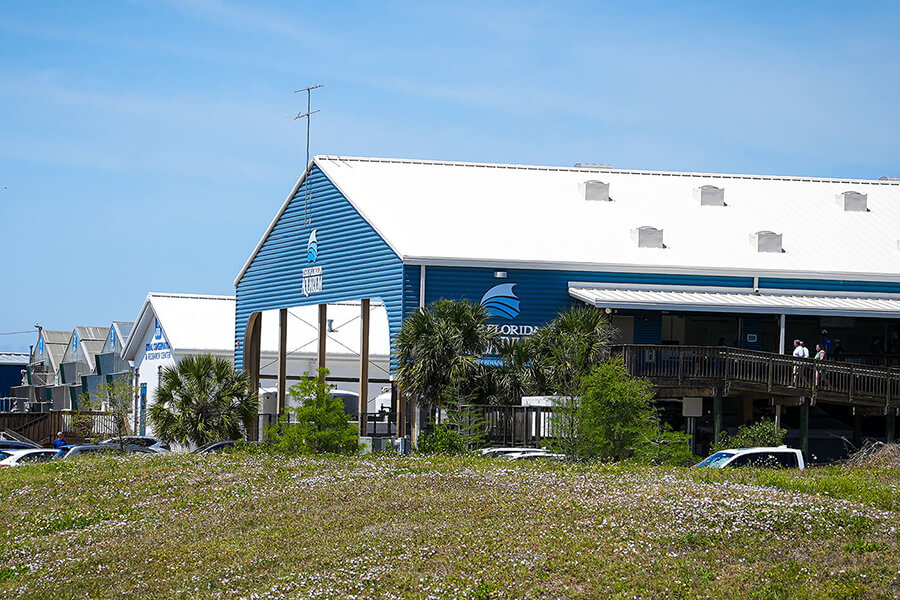
Our Conservation Campus
Discover our 20-acre Center for Conservation campus in Apollo Beach.
All sea turtle rehabilitation work conducted by The Florida Aquarium is done with the approval of the Florida Fish and Wildlife Commission under conditions not harmful to marine turtles and authorized under conservation activities pursuant to FWC MTP-25-179.

